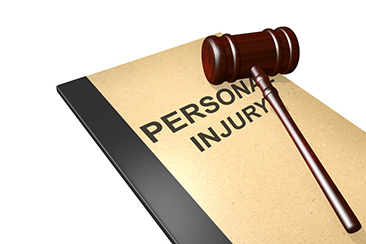In any personal injury case, the claimant’s injury is best documented in the medical records, which makes medical records review a very important step in such litigation. A patient or other qualified person can submit a written request for the medical records and should be able to obtain the same within a reasonable time of the request, according to Public Health Law section 18. A healthcare provider can impose a reasonable charge to cover the cost of copying the medical records (this amount should not exceed the costs incurred by the provider and should not exceed the cost of 75 cents per page), as per Public Health Law sections 17 and 18. New York law allows an attorney to make a written request for his/her client’s medical records from a healthcare provider along with an HIPAA form, and obtain the records within a reasonable time (30 days) at a reasonable charge that does not exceed the actual cost of copying the records. Obtaining all relevant medical records from healthcare providers can seem easy, but isn’t necessarily so. Attorneys handling medical litigation often find the support of medical record retrieval companies invaluable in this regard. Attempting to obtain the records on their own could prove costly and time consuming, and ultimately they may not even receive the complete medical chart.
The issue now is that many healthcare providers charge the maximum amount, i.e. 75 cents per page for copying the medical records, irrespective of the actual costs they incur in reproducing the documents. In addition, the applicant is often charged for duplicate pages of records, and sometimes even provided records that are not legible because of poor quality of the copy. Apart from the unwarranted costs involved, it may also take months before all the medical records are received.
The arrival of electronic medical records and the HITECH Act is expected to improve this tedious process of requesting and obtaining healthcare documentation. The HITECH Act allows a person to obtain an electronic copy of his/her medical records at a cost not greater than the labor cost involved in responding to the request. The request must however be made by the patients themselves to enjoy the benefit of being charged only the labor costs of responding to the request. Patients can, however, request that the healthcare provider send a copy of their medical records directly to another entity, such as a lawyer or law office. Surely, this would substantially reduce the time and cost involved in obtaining one’s medical records. The additional advantage of EHR is that being electronic, the records can be easily copied to a CD and made available quickly once the cost of the CD and the labor cost of transferring the records to the CD are paid.
Attorneys involved in medical litigation can now gain access to the vital medical records they need by asking their clients to request that the medical records are sent directly to their attorney. This will surely prove to be a more efficient and economic way of obtaining the medical documentation.




